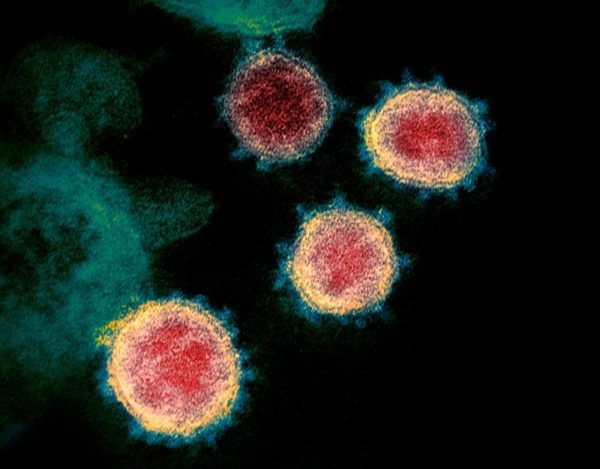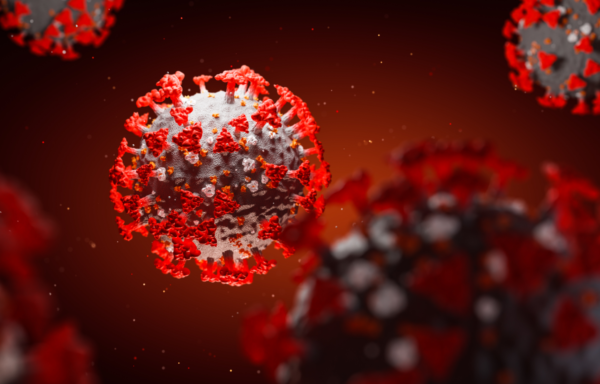The COVID-19 pandemic continues to cause major illness and death, while treatment options are still limited. In a new study, researchers from the St. Jude Children’s Research Hospital in the United States have discovered a potential strategy to prevent life-threatening inflammation, lung damage, and organ failure in COVID-19 patients. The relevant research results were published in the Cell. The title of the paper is “Synergism of TNF-α and IFN-γ triggers…
COVID19
Anti-Inflammatory Drug Anakinra May Improve Respiratory Function in Some Severe COVID-19 Patients

A small study of 8 patients in Greece found that the clinically approved anti-inflammatory drug anakinra (anakinra, which is essentially an IL-1 inhibitor) for the treatment of rheumatoid arthritis It can improve the respiratory function of severe COVID-19 (coronavirus disease 2019, 2019 coronavirus disease) patients. The eight patients also suffered from a disease called secondary hemophagocytic lymphohistiocytosis (sHLH), which was characterized by excessive immune system activation and organ failure. One…
Smokers Express Higher ACE2 and Are Susceptible to Coronavirus Infection

Data from COVID-19 patients indicate that smokers are at higher risk of complications. The researchers published an article in the journal Developmental Cell that one of the possible reasons is that smoking increases the gene expression of ACE2 (a protein that binds to SARS-CoV-2), which may promote COVID- 19 infections. The study shows that long-term smoking will increase the ACE2 protein in the lungs, which may lead to a higher…
Study Found the Global SARS-CoV-2 Is Composed of Six Main Subtypes

The World Health Organization announced the global pandemic of COVID-19 in March 2020, the second pandemic in the 21st century. Severe acute respiratory syndrome coronavirus 2 (SARS-CoV-2) is an RNA beta coronavirus of the Coronaviridae family. The expansion of virus populations, such as SARS-CoV-2, has accumulated many shared polymorphisms, which has caused confusion in traditional clustering methods. In this case, a method to reduce the complexity of the sequence space…
Why SARS-CoV-2 Spread So Easily Among People?

Researchers have identified microscopic features that may make this pathogen more infectious than the SARS virus and can serve as drug targets. With nearly 100,000 people infected with SARS-CoV-2 worldwide, researchers are racing to understand what makes it so easy to spread. Several genetic and structural analyses have identified a key feature of this virus—a protein on the surface—which may explain why it is so susceptible to infect…
Nature: Scientists are Developing Nanovaccines to Fight New Crown Viruses

As infections from SARS-CoV-2 spread from Wuhan, China, to all over the world, researchers are scrambling to develop a vaccine, and life science companies are providing help. On January 28, 2020, a few weeks after the first official report of the first case of coronavirus in 2019, the U.S. Department of Health and Human Services held a press conference in Washington, D.C., saying that SARS-CoV-2 infected thousands of people…